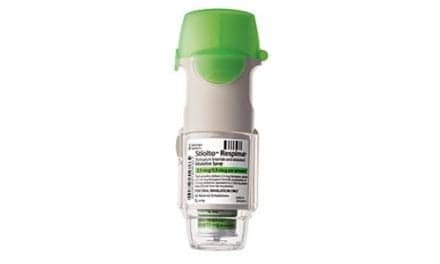Canadian researchers have turned to telehealth technology to provide education and pulmonary rehab to chronic obstructive pulmonary disease (COPD) patients living in rural areas where there is limited access to respiratory services. Knowing that rehabilitation is important to improving patients’ quality of life and keeping them out of the hospital, the researchers from the University of Alberta Faculty of Medicine and Dentistry and the Centre for Lung Health targeted COPD patients living in rural areas north of Edmonton, Canada.
“The lung function [of patients in rural communities] was similar to those in urban centers, but the rural groups had worse quality of life and worse exercise tolerance,” said Michael Stickland, PhD, assistant professor at the University of Alberta. “So there’s some evidence to show that these patients are not managing as well in rural regions as they are in Edmonton and [other] urban centers.”
The program, conceived by G. Fred MacDonald, MD, from the University of Alberta, involved television programming provided to thirteen rural sites that volunteered to participate. The programming included education sessions about the disease and pulmonary rehabilitation exercises. In addition, the telehealth program allowed patients to receive consultations with pulmonologists.
This was the first use of telehealth technology in pulmonary medicine in Alberta.
A short time after the program was launched, Strickland and his colleagues studied the effectiveness of the program and found the results to be very positive. Patients’ quality of life had improved and they were more able to handle exercise after 2 months in the program. The findings were published in the Canadian Respiratory Journal.
The Centre for Lung Health, which sees about 400 patients a year, is now looking at ideas such as podcasts and DVDs that people can use for the education portion of rehabilitation.
“We’re interested in investing in something that’s home-based because one of the top reasons people don’t come to rehab is transportation,” said Strickland.
Source: University of Alberta Faculty of Medicine and Dentistry








